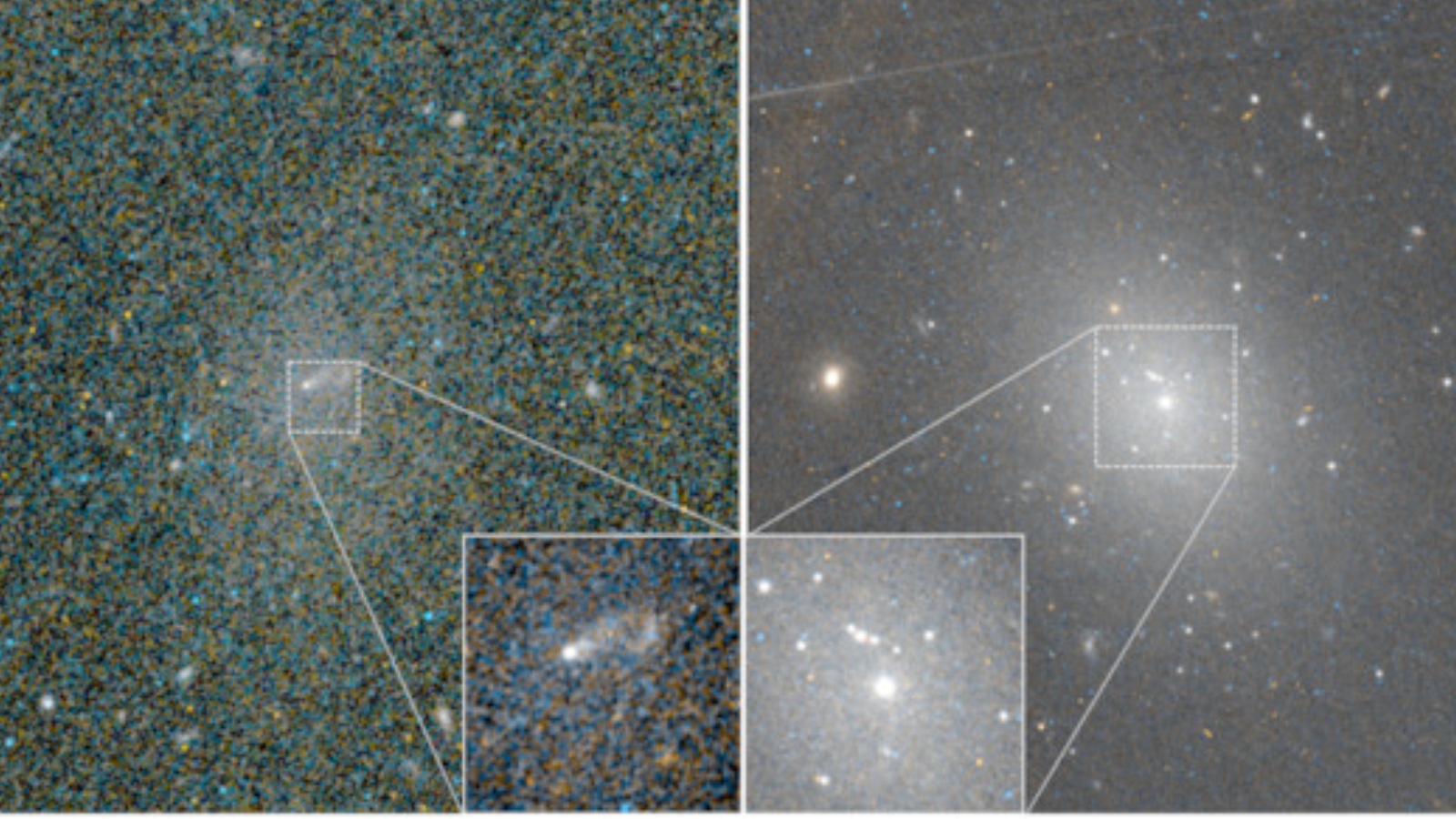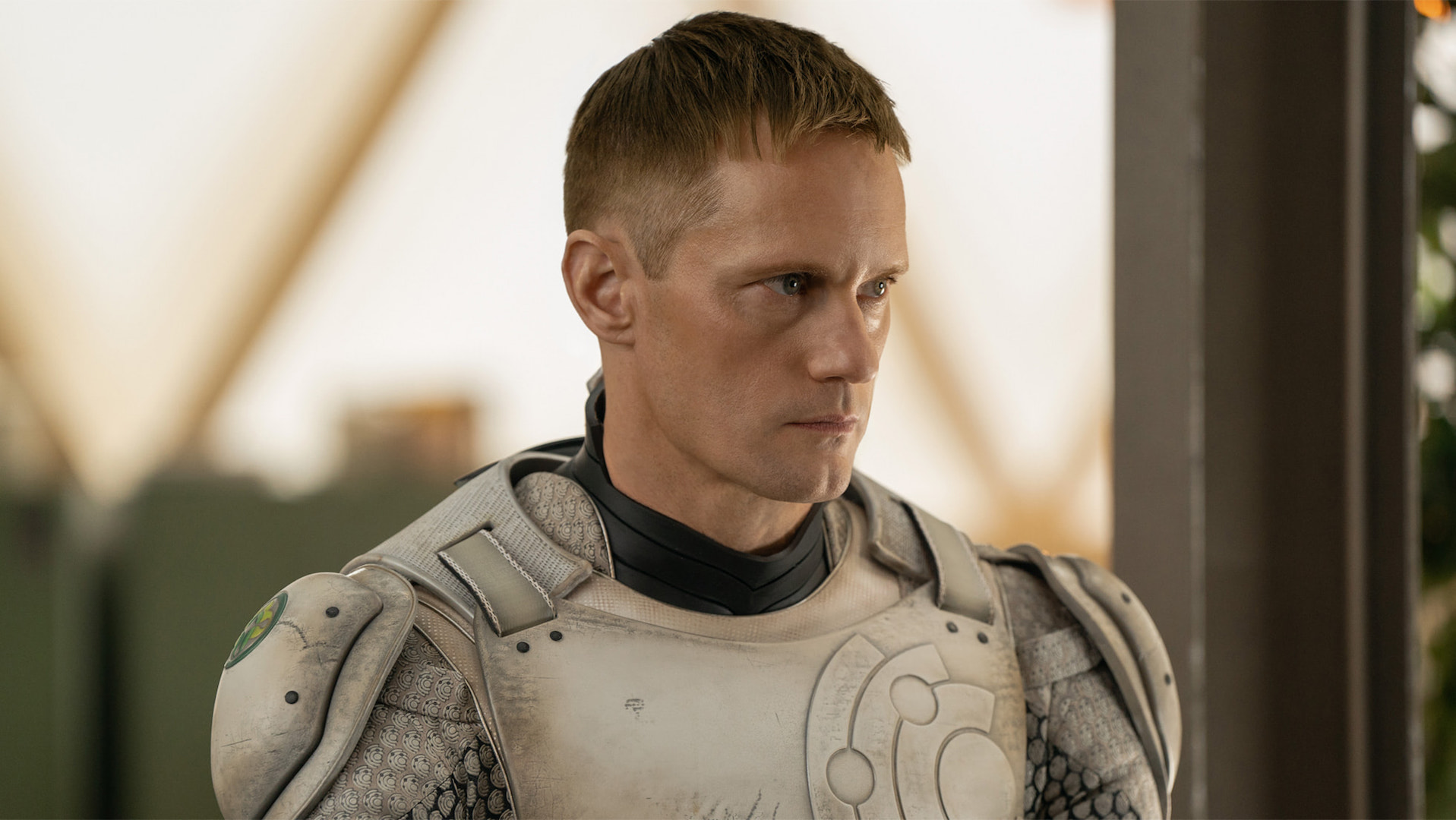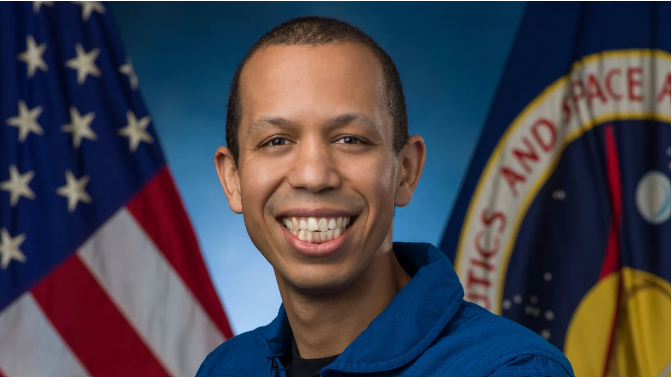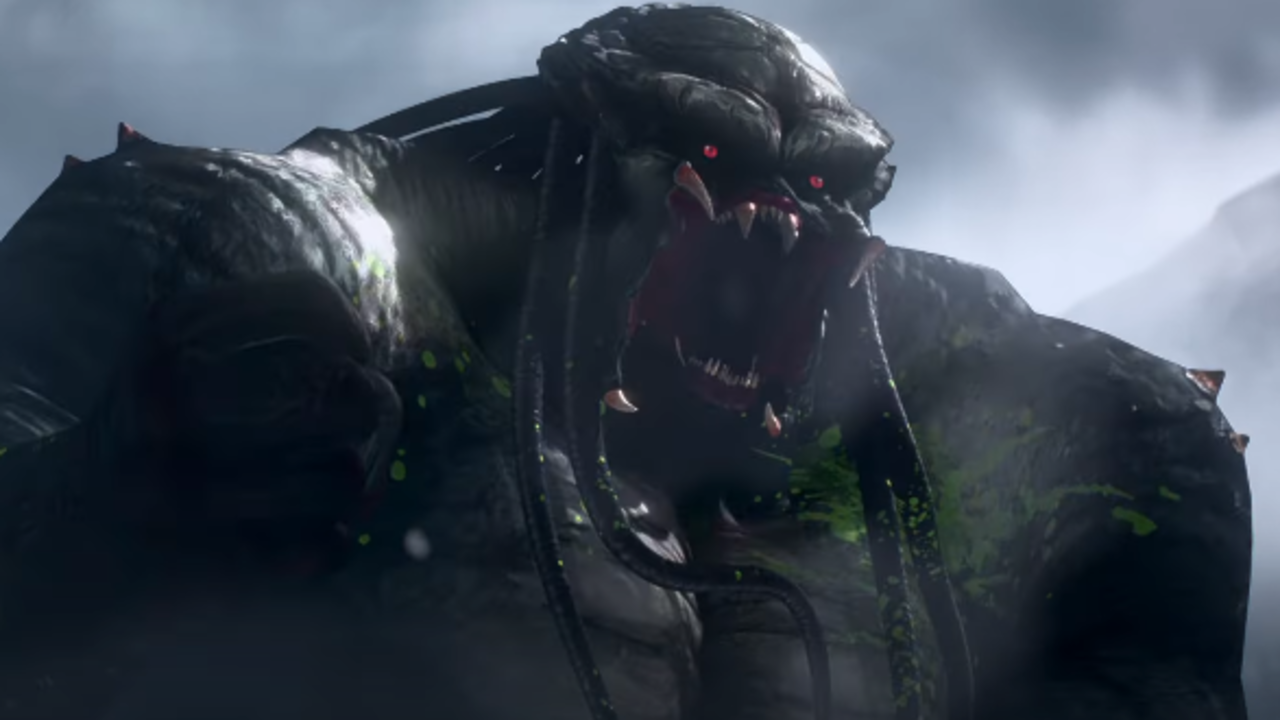NASA's WFIRST space telescope moves forward as Trump administration tries to scrap it again
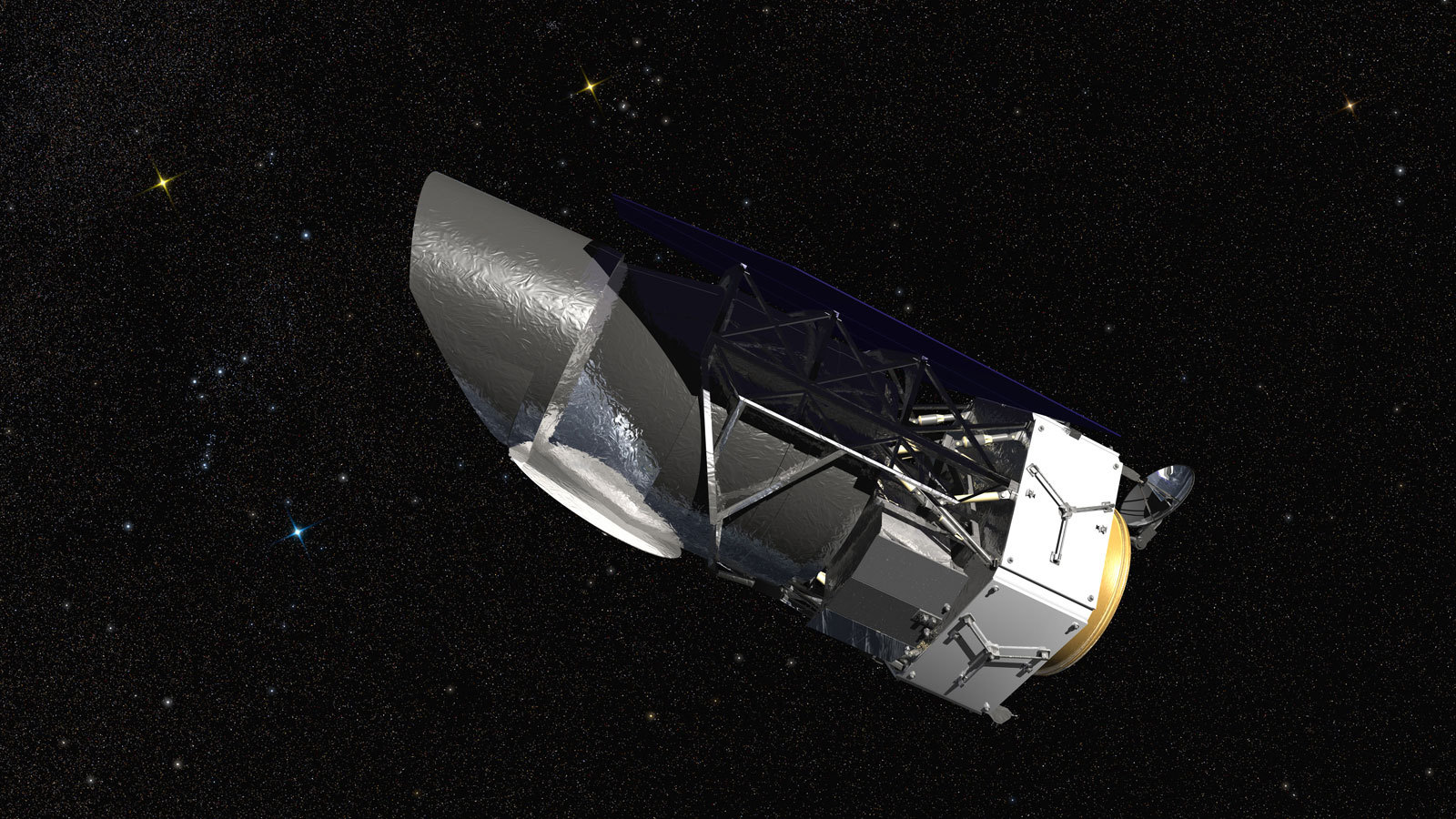
NASA's Wide Field Infrared Survey Telescope (WFIRST) is moving forward on development even as President Donald Trump's administration tries to cancel the mission, for the third budget in a row.
The mission recently passed "a critical programmatic and technical milestone" and is en route to starting hardware development and testing ahead of the telescope's planned launch in the mid-2020s, NASA said in a statement.
But that would be the case only if funding persists to keep the telescope on track. The Trump administration's federal budget request for the 2021 fiscal year, issued last month, proposes terminating the telescope entirely to allow for funds to move forward on the James Webb Space Telescope, a flagship mission that would study the early universe.
Related: What would it mean for astronomers if the WFIRST space telescope is killed?
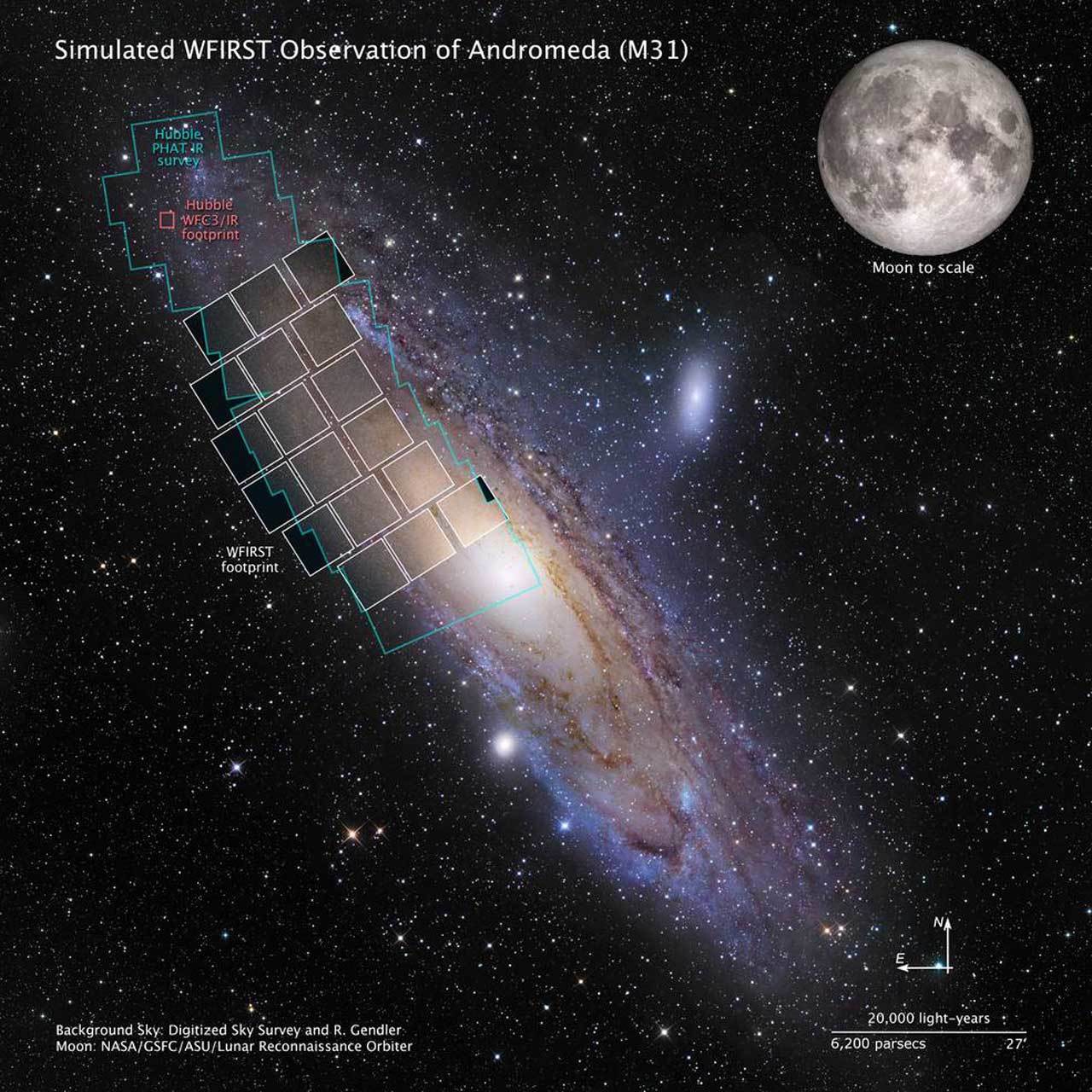
"The administration is not ready to proceed with another multi-billion-dollar space telescope until Webb has been successfully launched and deployed," NASA said in the statement. Webb has been delayed numerous times for technical and budget reasons.
While NASA said the mission is on track to leave Earth in 2021, in January 2020, the Government Accountability Office (an independent, nonpartisan agency that works for Congress) said there is only a 12% chance Webb will make its revised March 2021 launch date, and that's due to a very tight development schedule. The GAO warned that the launch could slip at least another three months, to July 2021.
Cancellations of WFIRST were also proposed for the 2019 and 2020 fiscal years. And in the first budget the Trump administration oversaw, for fiscal year 2018, the administration proposed cuts to the telescope's instrumentation to move it back under the mission cap of $3.2 billion. The fiscal 2021 budget is not finalized yet, as it is undergoing review by House and Senate representatives.
Get the Space.com Newsletter
Breaking space news, the latest updates on rocket launches, skywatching events and more!
Should WFIRST move forward, the mission will use a repurposed spy telescope with capabilities similar to those of the Hubble Space Telescope but with a viewing area about 100 times larger. The mission's scope includes hunting for exoplanets, seeking infrared (heat signature) signals in cosmic phenomena and creating panoramas of the sky.
"With the passage of this latest key milestone, the team will begin finalizing the WFIRST mission design by building engineering test units and models to ensure the design will hold up under the extreme conditions during launch and while in space," NASA said. The agency noted that the WFIRST program is funded until September 2020, reiterating its position that it will not launch another big telescope until Webb is ready for operations in space.
WFIRST's development budget remains at $3.2 billion, NASA added, although other costs will bring the final tally up to $3.9 billion. These extra costs include five years of operations and science, as well as a technology demonstrator to image exoplanets.
- Trump calls for $25 billion NASA budget for 2021 to boost moon and Mars goals
- NASA's WFIRST space telescope, a refurbished spysat eye, passes early review
- Astronomers will fight to save WFIRST space telescope from being axed
Follow Elizabeth Howell on Twitter @howellspace. Follow us on Twitter @Spacedotcom and on Facebook.
OFFER: Save at least 56% with our latest magazine deal!
All About Space magazine takes you on an awe-inspiring journey through our solar system and beyond, from the amazing technology and spacecraft that enables humanity to venture into orbit, to the complexities of space science.
Join our Space Forums to keep talking space on the latest missions, night sky and more! And if you have a news tip, correction or comment, let us know at: community@space.com.

Elizabeth Howell (she/her), Ph.D., was a staff writer in the spaceflight channel between 2022 and 2024 specializing in Canadian space news. She was contributing writer for Space.com for 10 years from 2012 to 2024. Elizabeth's reporting includes multiple exclusives with the White House, leading world coverage about a lost-and-found space tomato on the International Space Station, witnessing five human spaceflight launches on two continents, flying parabolic, working inside a spacesuit, and participating in a simulated Mars mission. Her latest book, "Why Am I Taller?" (ECW Press, 2022) is co-written with astronaut Dave Williams.







